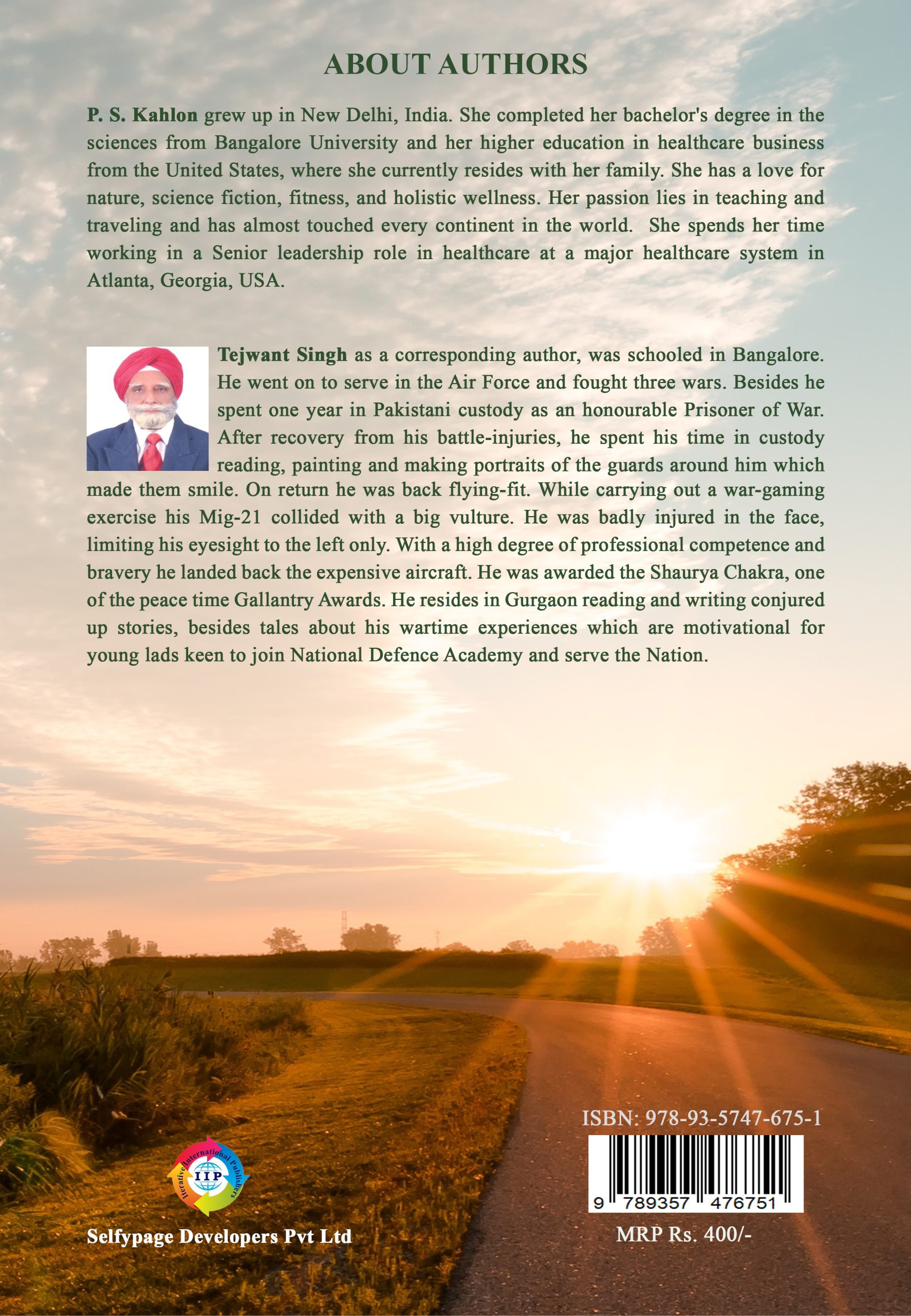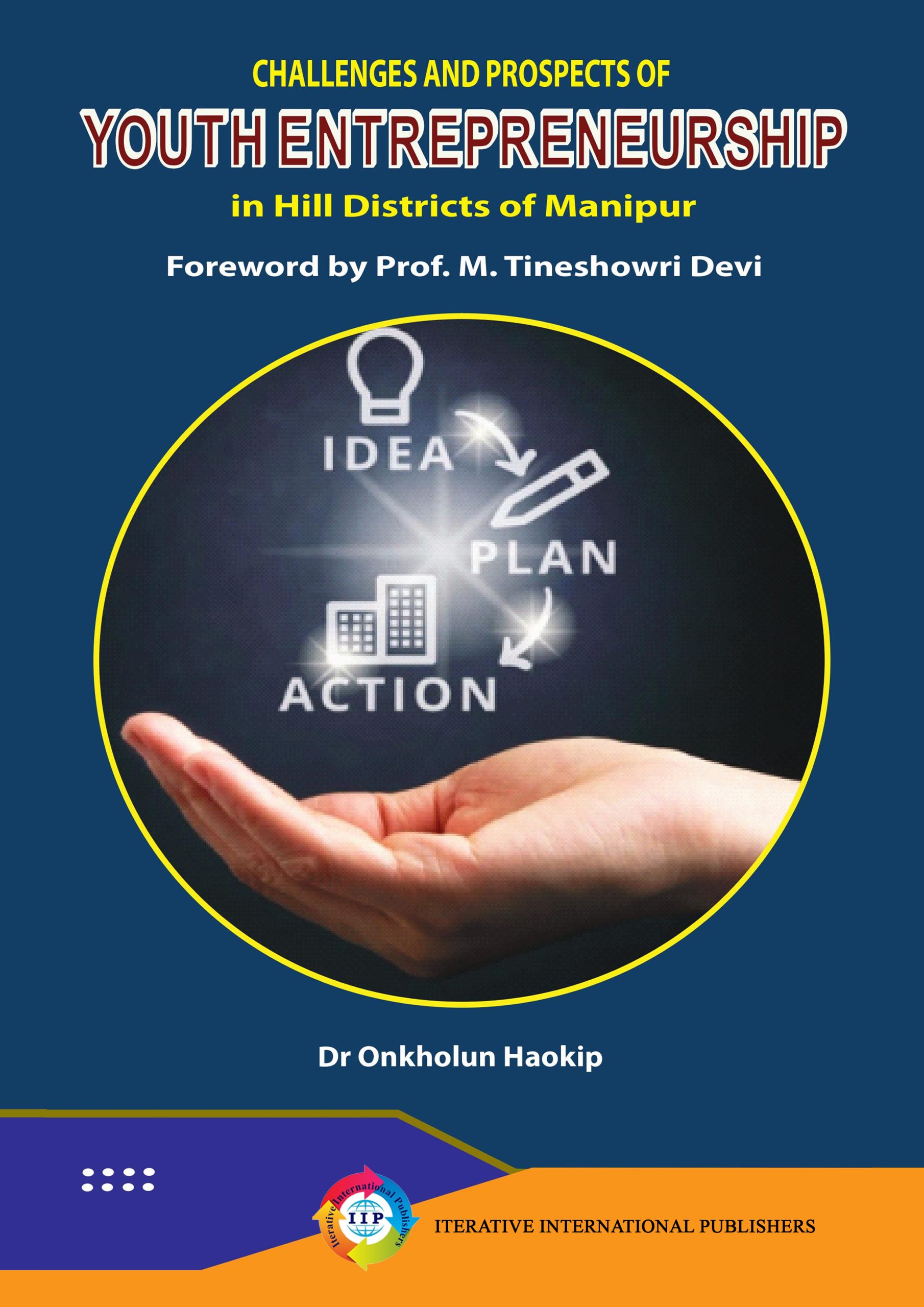In the East–particularly in the South-Central Asian countries of India, Pakistan, and Afghanistan–long and often vicious battles have been fought in locales ranging from some forsaken ground in the wild open countryside to the street-to-street bloodletting unfolding throughout a host of urban ghettos. Soldiers are soldiers anywhere in the world; and while some fight with more dignity, honour, and ferocity than others, when the chips are down and morale is at its lowest, the men with the greatest do-or-die spirit often carry the day. True leaders, after all, always lead from the front.
One of the locales for so many such battles has long been the Khyber Pass, the rugged trail-carved through the mighty Hindu Kush mountain range that joins Afghanistan to Pakistan and the entire subcontinent of India. It is there that armies have gathered for centuries. They have jostled their way to victory and glory since before the dawn of recorded history.
The Khyber Pass has been the historic gateway from the Northwest through which innumerable plunderers have entered for millennia, eyeing the fabulous wealth of India. Many of those raiders, who ultimately negotiated that glorified pass, eventually went about settling the plains of India along with their mushrooming empires. Those who were too late or too weak to make it through, settled in the semi-arid hills and valleys of Afghanistan and came to be known as Pathans or Pashtuns.
Some 126 different tribes make up the Pathan people–or Pashtuns, as they are known in Afghanistan. These tribes are spread out on both sides of the Hindu Kush Mountains that straddle the Khyber Pass, as well as numerous lesser passes. Their people call present-day Afghanistan and the western part of Pakistan their home. Pakistan as a country was carved out of India after a partition in 1947 once the British colonial rulers had departed.
The British had named the Pathans’ homeland the North-West Frontier Province, but it has recently been renamed Khyber Pakhtunkhwa by Pakistan. The origin of the Pathans, who speak Pushto (a mixture of Persian and other regional languages), has been shrouded in history for millennia. Some tribes are believed to be a descendant of the seven lost tribes of Israel: A DNA test conducted a few years back on some Afridi (inhabitants of the Khyber Pass region), who had migrated from the area and settled in north-central India two centuries ago, proved their Jewish ancestry without a doubt. But Pathans are more than that, a complex melting pot of many people who have passed through that region on their way to India.
Other people who have contributed to the unique characteristics of the Pathans are the ancient Aryan invaders who usurped northern India through millenniums. Also, the Vikings who traded there by sailing upstream in various rivers of Central Asia. Others include the Jutes who entered the area around 400-AD from Central Asia while their cousins went westward and came to be called Germans. And, last but not least, the Turk and Persian invaders who are next door neighbours. They are all mixed-in together, creating a delicious, if vicious, cocktail.
British scholars over the years have called the Pathans savages–noble savages, perhaps, and not without a tincture of virtue and generosity–but absolute barbarians nonetheless.
Although nominally Islamic, they hold to one law above all others: blood for blood, and fire and sword for the infidels.
British historians consider Pathans thievish and predatory. Pathan mothers go so far as to pray that their sons become successful thieves. They roam heavily armed, whether grazing their cattle, driving their beasts of burden, or tilling the soil. Partly that is because they are perpetually at war with one another. They consider retaliation and revenge to be the strongest of all obligations. Possessing gallantry and courage individually, they also admire such qualities in others, as well.
It’s true that their vices include never forgetting vengeance, mindless murdering, envy, avarice, thievery, merciless plundering, ruthless rapacity, convenient back-stabbing, and obstinacy to the extreme. But among their strengths can be numbered their fondness of liberty, faithfulness to friends and family, and kindness to their dependents. They are hospitable, brave, hardy, frugal, laborious, and prudent to a fault.
While their home life is gruelling–set against the barren rocky crags of the Kush–they flourish in gratitude for what they have received from Allah. Their raids into the neighbouring planes of India earned them notoriety and respect. The phrase, “The son of Pathan,” is given with due awe.
Afghanistan as a country did not exist until it was carved out in 1747 by a notoriously daring Afghan chieftain named Ahmad Shah Abdali. He was earlier in the service of the King of Persia since the western part of his semi-arid homeland was controlled by present day Iran and the eastern part was under the administrative control of Mughal Empire from Delhi, India. The Persian King Nadir Shah had looted a vast treasure from Delhi in 1739, which included the world-famous Kohinoor diamond. When there was a revolt in his homeland, the King of Persia asked Abdali to guard the royal treasure. But the Persian King died in the revolt and Abdali decamped with the treasure, hurrying his escape to his homeland near Kandahar. There he used this wealth to carve out Afghanistan by literally buying the loyalty of hundreds of warlords. After that he set his eyes on the bounties of India and invaded seven times for plunder.
All of the great empires of India had to deal with the Pathans in one way or another, lest a young man in need of a wife while exercising his manhood would exhort the Chief of his tribe to “go and get one” from the plains. The rulers often paid tribute to the Pathans for them to stay put in their villages rather than wander about, plundering and looting.
But it was only a temporary solution; for, if the Pathans could not go out to war with neighbouring cultures, they stayed home to fight one another, settling age-old blood feuds. Some Pathan fighting goes back generations. Still, there was never any guarantee that a young Pathan would not carry away the woman of a Hindu shopkeeper in his homeland and drop her back a few days later. English Administrators and Generals who fought the Pathans have written volumes of their numerous traits and their habit of whisking away someone else’s woman.
The great Mughals of Delhi who spent their leisure time planning monuments like the Taj Mahal, had to deal with the Pathans as a Muslim ruler does with its Muslim subjects. But when they were swept away by the winds of time, the Sikhs who replaced them in the Punjab had to deal with the Pathans as a non-Muslim ruler against a believer of Allah. Stung by this affront of being ruled by a non-Muslim, the Pathans were quick to respond in their typical way. But the Sikh ruler, Maharaja Ranjit Singh, had very carefully and methodically first neutralized all Pathan strongholds in his Punjab territories as well as in those of Kashmir before turning his full attention to invading eastern Afghanistan. Gruesome battles followed, but the Sikhs were infused with the holy blessing of their Tenth Guru. Their holy warriors, called Akali-Nihangs (the commandoes of the Sikh army), had already neutralized Pathan strongholds in the plains to the utter dismay of the enemy. When they were asked by the Maharaja to deal with Afghanistan, the fear of the Akali-Nihangs forced the Pathans to abandon Peshawar, the winter capital of Kabul. The local Governor ran away into the Khyber Pass along with everyone who could run and the city was occupied without a fight by non-Muslims rulers nearly a thousand years after Islam had spread to India. Such was the fear of the Sikhs that under their impetuous General, who ultimately became the Governor of Peshawar, his name became a household word. Raghe Haria–“General Hari Singh is here.” That was the mantra called up by distraught Pathan mothers to quiet their fractious children. Ragh is the Pushtun word for “throat.” The saying translates as “Stop crying or else!”
But, as always happens, the Sikh empire also fell and the British inherited the legacy of the Pathans. These troublesome warriors they were forced to deal with through several campaigns starting from the mid-1800s right up to 1935 when this story unfolds. Several valorous fights took place and several English and their loyal Indian soldiers fell. But Sikh soldiers remained the favourite enemy in battle for the treacherous Pathans as if they were their favourite dish. The Pathans called other Indian soldiers “vegetables” whom they had already eaten raw in the preceding millennia, demolishing their temples and carrying away their booty, which included their men, women, and children, to be sold into slavery and traded as far away as Europe. (The Gypsies of Europe to this day maintain that they came from Bharat Maa, or Mother India)
Unfortunately, history is ripe with such mistakes: More than a century earlier, when the Pathans had trapped the Akali-Nihangs, the leader of the Nihangs was quick to see the potential advantage to luring the Pathans from their hideouts. He had ordered his troops to turn around and run. The Pathans thought they had at last made the hated Sikhs scurry for their very lives. When the leader of the Nihangs noticed, after a few quick glances over his shoulders, that the last of the Pathans was almost out of the hideouts and running down the mound, he signalled his Sikhs to turn around and take them head on in close combat. The result was a royal massacre in which most of the Pathans were killed, along with many of the Nihangs. But victory was ultimately achieved, and the Akali-Nihangs chased the Pathans into their homeland and ultimately entered Peshawar without a fight: A massive victory.
It was the same mistake the Pathans were to make years later while fighting against the Sikh warriors of Lieutenant Colonel Reginald Jonathan Allen.
















Reviews
There are no reviews yet.